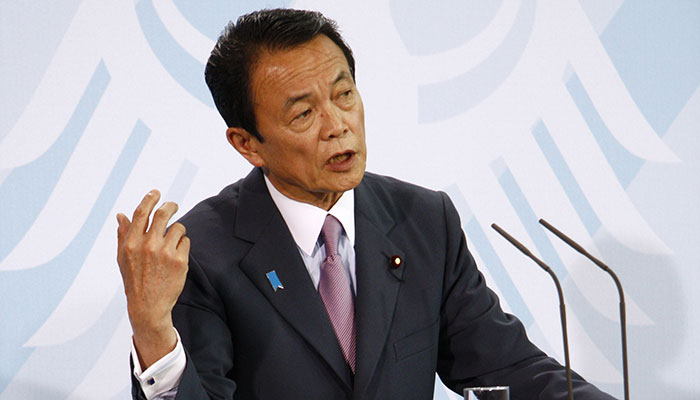web_taro-aso_shutterstock_165829760.jpg

Japanese finance minister Taro Aso
The finance minister made the comment on Tuesday, a day after prime minister Shinzo Abe announced he would redirect some revenue from tax rises in 2019 to childcare and early education rather than paying back public debt, but pledged to continue with fiscal reform.
“It’s clear the primary balance is hard to achieve by fiscal 2020, so we’ll need to adjust for that and set an appropriate [new] goal, say 2022,2023, though we have no calculated yet,” Aso reportedly told reporters after a cabinet meeting.
The prime minister has admitted that meeting the government’s budget-balancing goal by the year ending in March 2021 would be difficult, Reuters reported. This excludes debt-servicing costs and new bond sales.
Japan’s central government debt hit a record high of approximately $9.4 trillion (1.072 quadrillion yen) at the end of fiscal year 2016.
The primary budget balance serves as a barometer of government efforts to balance its spending with its revenue.
The prime minister called for a snap election this Monday, to be held on 22 October, amid worries over North Korea. He wants to the country to endorse plans to rebalance the social security system and his stance on nucleur power, Reuters have reported.
In the second quarter of this year, the Japanese economy grew at its fastest pace in more than two years, with a 4% annual rate.
IMF called for public spending to continue to support the Japanese economy beyond 2018 to maintain growth.










